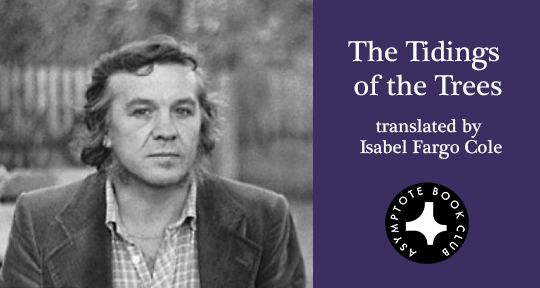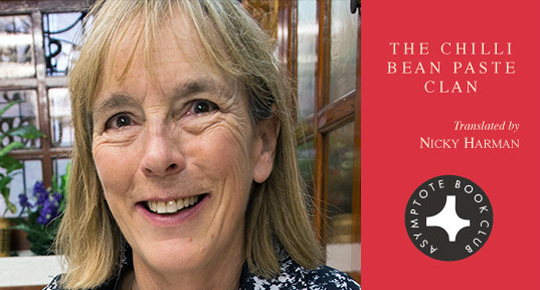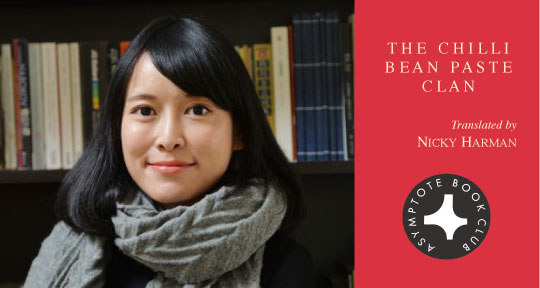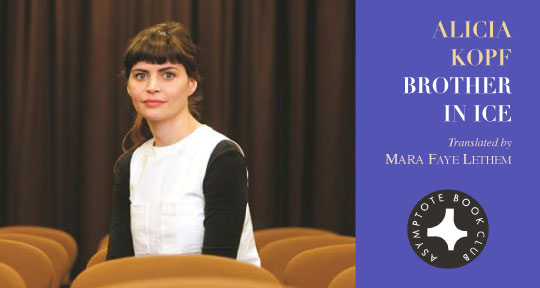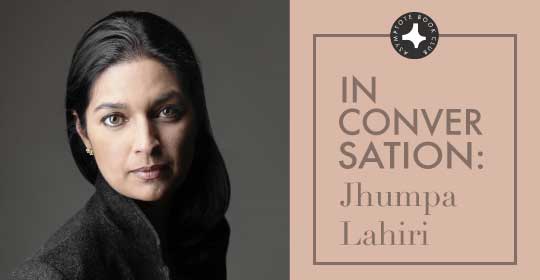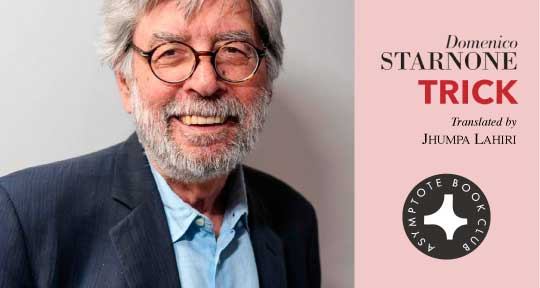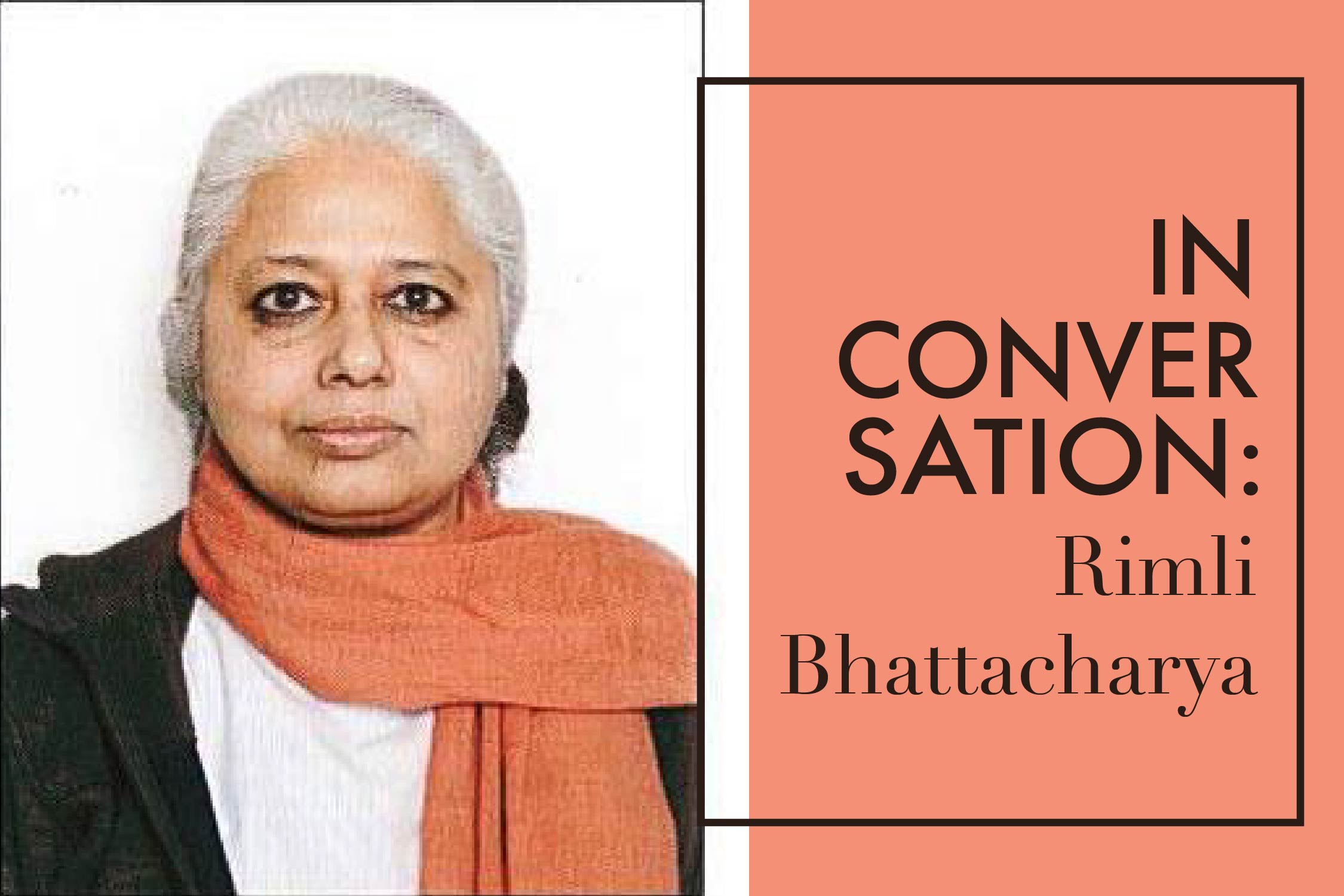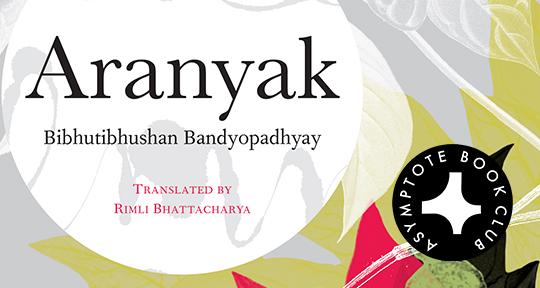“Talk… speak… voice”: each word appears dozens of times in I Didn’t Talk, our July Asymptote Book Club selection. Beatriz Bracher’s novel blends together a chorus of voices, orchestrated by retiring professor Gustavo, to explore one of the darkest periods of Brazil’s history.
In conversation with Asymptote’s Jacob Silkstone, translator Adam Morris outlines how the novel came to be translated into English, why it resonates with a contemporary audience, and why the central question of whether or not Gustavo talked is perhaps best left unanswered.
Jacob Silkstone (JS): What led to you translating I Didn’t Talk? It’s the first of Beatriz Bracher’s four full-length novels to appear in English: do you have a sense of how it compares to Bracher’s other work?
Adam Morris (AM): I proposed I Didn’t Talk for Bracher’s English debut because its thematic concerns, although universal, seemed to possess fresh urgency in the context of ongoing political upheaval in Brazil. Censorship and various forms of state repression have re-emerged, and so has openly expressed nostalgia for a law-and-order society like the one the dictatorships professed to uphold. The crisis of democracy in Brazil is so severe that occasional murmurs of a return to military rule must be taken as a serious threat.
Of course, in the time since I first proposed the translation in 2016, authoritarianism has been on the march all across the world. I did not foresee that happening, but it makes the novel that much more timely—some fourteen years after its publication and nearly half a century since 1970, a pivotal year in Gustavo’s story.




